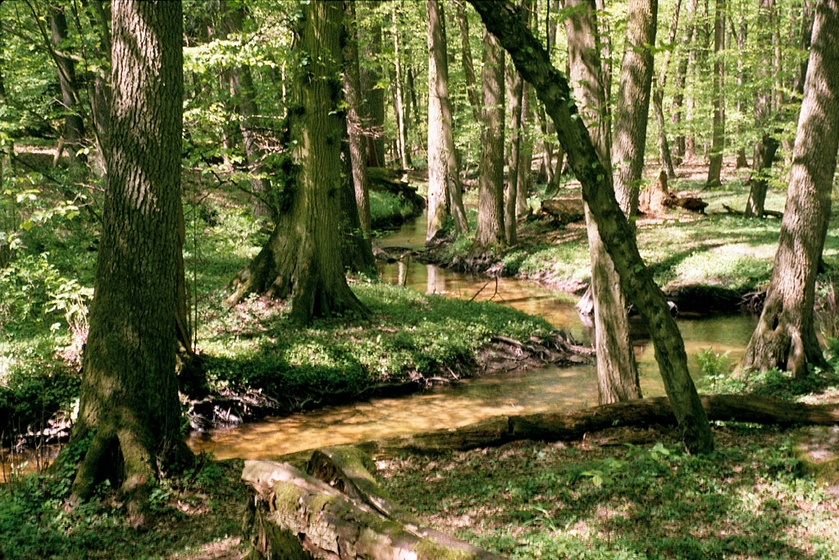Although Alabama summers are muggy and hot, I sleep with my window open because of the dark, earthy smell of night. I suspect that in extreme humidity black soil begins to float, rising through the roots of the grass and the trees to lie suspended in midair, like tea leaves swirling in a glass of water. As I listen to the rise and fall of cicada songs, and as my hair curls and frays, I feel in grave danger of exploding into bloom.
At night, everything is deeply alive. When I bury my toes in the garden soil, I occasionally feel an earthworm in the tangle of roots. The trees are entirely illuminated by fireflies and stars. Everything is saturated and complete; my childhood could be reconstructed from a single moment.
***
When I moved to campus last August, I was struck by how fast Harvard moved. I was surrounded by brilliant, hardworking people, all driving tirelessly towards success. It was thrilling. But moments became unspindled, blown open by the rush of activity, and, as I stepped into my first semester, I was swept into an insidious cycle of busyness. I found myself bending into the current of psets and papers, signing up for too many things, and forgetting entirely the art of sitting still.
When I am home, I spend days in the relentless pursuit of absolutely nothing. I am ambitious in my walks around the neighborhood, which often climb several small-to-moderate hills. Alabama is an exercise in boredom.
The philosopher Blaise Pascal once wrote, “Being unable to cure death, wretchedness and ignorance, men have decided, in order to be happy, not to think about such things.” In this minimal space, Pascal’s eternal questions become the throbbing concerns of the present. When there is nothing else to think about, death becomes impossible to hide. Perhaps this is why the South is so religious.
It is difficult to turn down stimulation. Every day here is compressed into a tightly wound ball, filled to the point of explosion. This is a blessing. But, in a place where there is always something to do, it is too easy to forget the intoxicating smell of night.
***
Alabama is not a perfect place—its slowness reflects a resistance to change. I came to Harvard in part to get away. But before leaving home was an option, I escaped through reading, armored by the pile of library books covering my desk and floor. Simone de Beauvoir once said, “When I was a child, when I was an adolescent, books saved me from despair.” They saved me as well.
The best time to read is at night, on the porch, with a flashlight. Library books work well for this, because their bent, broken spines are easiest to hold in one hand. I used to sit like this for ages, steeped in the sounds of crickets and cicadas, lost in another world. Sometimes, after a long day of perpetual motion, I wish I still did that.
***
Although Alabama summers are muggy and hot, I sleep with my window open because otherwise the warm, glittering air of nighttime will pass by unfelt; otherwise, I will forget to be still. Night here is steeped in dirt and life, like tea leaves swirling in a glass of water, and as I breathe the summer air, I know that this place is enough, even though not a single thing will happen.


